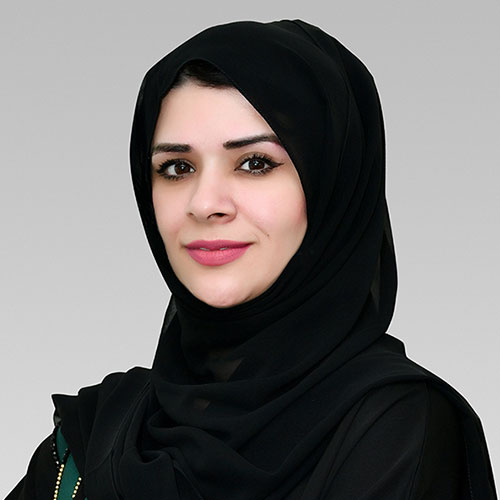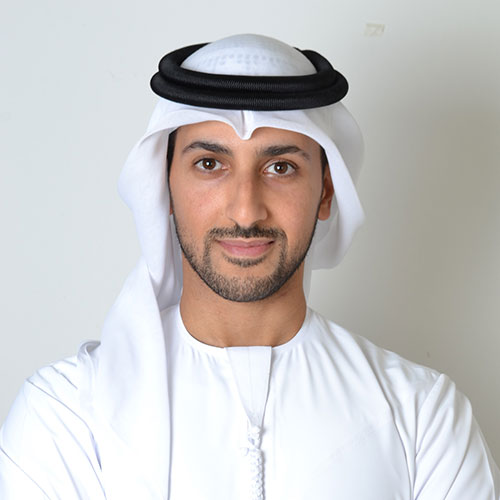Kim Kelaita is a highly experienced producer and reporter for CNN International. She oversees the production CNN’s Marketplace Middle East and breaking news segments for the network from the MENA region.
As a producer and reporter, Kim is renowned for securing high-profile interviews, having gained CNN’s first exclusive interview with His Highness Sheikh Mohammed Bin Rashid Al Maktoum, Prime of the UAE and Ruler of Dubai.
Before moving to Dubai, UAE, Kim worked as a reporter at New York 1’s 24-hour news channel and started her career in New York City at NBC’s “The Today Show”.
Kim was nominated for a New York Emmy Award as a reporter and producer on “Police Suicide” for an outstanding Multi-Part Hard News Story.
In addition to her work in media, Kim is also a business entrepreneur as a co-founder of Landmark Properties, which she sold in 2008. Currently she is a board advisor to Nomad Homes, a tech real estate company that is transforming the way real estate is bought and sold in the region.
Over the past decade, Kim has moderated Tier 1 business and policy forums across a full range of topics, including energy, trade, finance, and the development of women in the executive suite. This has included KPMG’s AGM, DUETS-FIM, Abu Dhabi Ports Authority, Abu Dhabi International Petroleum and Energy Conference (ADIPEC), Egypt Energy Show, Thyssen-Krupp, and Elevate’s Women’s conference.
Kim serves as a board member at INARA. Co-founded by her CNN colleague Arwa Damon, INARA’s mission is to help bridge the gap in medical services for refugee children.
She was also nominated for the UN Global Compact Board and is a founding member of the UN Women Empowerment Principles in the UAE, promoting sustainability and gender parity in the private sector.
Kim served on a board of trustees at the American School of Dubai. In that role, she worked across community relations, development, and governance.
Kim received her Masters in Public Policy and Administration with her capstone in Global Policy from Northwestern University in Chicago and graduated top of her class.
She has proudly called Dubai home for the past 28 years and lives in the Emirate with her three children.




















